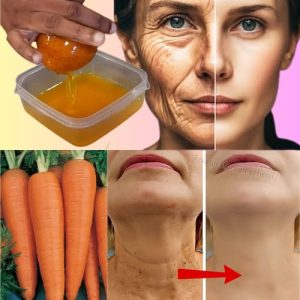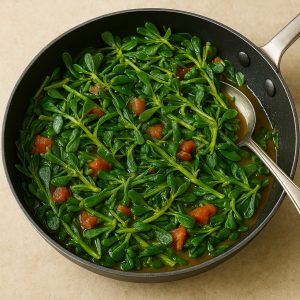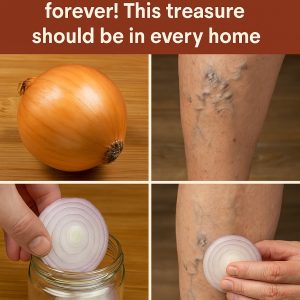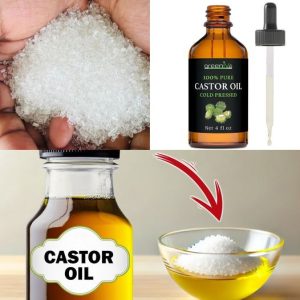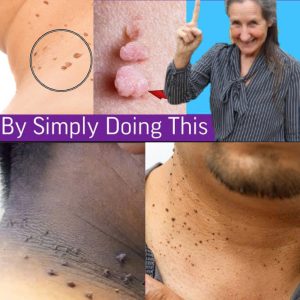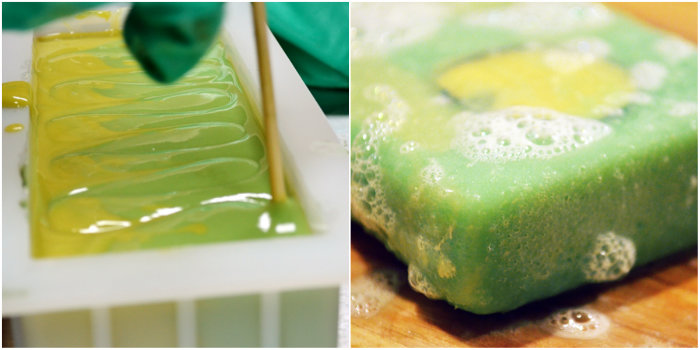
Introduction Making your own soap at home is a fun and rewarding activity that allows you to customize ingredients for a natural, skin-friendly product. Coconut water and aloe vera are both incredibly hydrating and soothing, making them perfect for a refreshing homemade soap. Here’s a simple guide to creating your own coconut water and aloe vera soap.
Ingredients To make this refreshing soap, you’ll need:
1 cup of coconut water
1/2 cup of aloe vera gel
4 ounces of lye (sodium hydroxide)
10 ounces of coconut oil
10 ounces of olive oil
6 ounces of shea butter
Essential oils (optional, for fragrance)
Soap mold
Safety gear (gloves, goggles)
Preparation Steps
1.Prepare the Lye Solution: Put on your safety gear. In a well-ventilated area, slowly add the lye to the coconut water, stirring gently. Never add water to lye. Be careful, as the mixture will heat up and release fumes. Let it cool while you prepare the oils.
2.Melt the Oils: In a large pot, melt the coconut oil, olive oil, and shea butter over low heat. Stir until completely melted and well combined.
3.Combine the Mixtures: When both the lye solution and the oils are around the same temperature (about 100-110°F or 37-43°C), slowly pour the lye solution into the oils. Stir continuously until well combined.
4.Add Aloe Vera: Blend in the aloe vera gel with a stick blender until the mixture reaches a thick, pudding-like consistency (this is called “trace”).
5.Add Essential Oils: If you’re using essential oils for fragrance, add a few drops now and stir well.
6.Pour into Molds: Pour the soap mixture into your soap molds, smoothing the tops if necessary. Tap the molds gently to release any air bubbles.
7.Cure the Soap: Cover the molds with a towel and let them sit for 24-48 hours in a cool, dry place. Once hardened, remove the soap from the molds and cut into bars if necessary. Allow the bars to cure for 4-6 weeks to ensure they harden properly and last longer.
Benefits of Coconut Water and Aloe Vera Soap
1.Hydrating: Coconut water is rich in vitamins and minerals that hydrate and nourish the skin.
2.Soothing: Aloe vera is known for its soothing properties, making it perfect for calming irritated or sensitive skin.
3.Natural Ingredients: By making your own soap, you can avoid harsh chemicals and tailor the ingredients to suit your skin’s needs.
Conclusion Creating your own coconut water and aloe vera soap is a delightful way to care for your skin naturally. This refreshing soap is hydrating, soothing, and free from synthetic additives. Enjoy the process of making it, and relish the benefits of using a product crafted with your own hands. Give this recipe a try and experience the nourishing qualities of homemade soap!

